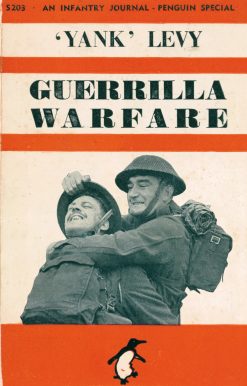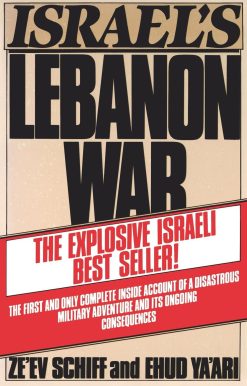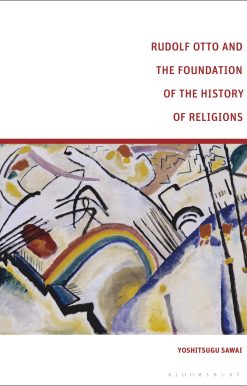No gift registry found click here to create new registry
Cart contain Gift Registry Items cannot add products
Landscapes of the Metropolis of Death: Reflections on Memory and Imagination
10.99 JOD
Please allow 2 – 5 weeks for delivery of this item
Add to Gift RegistryDescription
Otto Dov Kulka’s memoir of a childhood spent in Auschwitz is a literary feat of astounding emotional power, exploring the permanent and indelible marks left by the HolocaustWinner of the JEWISH QUARTERLY-WINGATE PRIZE 2014As a child, the distinguished historian Otto Dov Kulka was sent first to the ghetto of Theresienstadt and then to Auschwitz. As one of the few survivors he has spent much of his life studying Nazism and the Holocaust, but always as a discipline requiring the greatest coldness and objectivity, with his personal story set to one side. But he has remained haunted by specific memories and images, thoughts he has been unable to shake off.Translated by Ralph Mandel.’The greatest book on Auschwitz since Primo Levi … Kulka has achieved the impossible’ – the panel of Judges, Jewish Quarterly-Wingate Prize
Additional information
| Weight | 0.112 kg |
|---|---|
| Dimensions | 0.8 × 12.9 × 19.8 cm |
| Format | Paperback |
| language1 | |
| Pages | 144 |
| Publisher | |
| Year Published | 2014-2-27 |
| Imprint | |
| Publication City/Country | London, United Kingdom |
| ISBN 10 | 071819702X |
| About The Author | Otto Dov Kulka was born in Czechoslovakia in 1933, and died in Israel in 2021. He was Professor Emeritus at the Hebrew University of Jerusalem. |
| Review Quote | The greatest book on Auschwitz since Primo Levi … Kulka has achieved the impossible: a mythological and strangely beautiful new language for living with Auschwitz … a book as mighty as it is modest |
| Other text | Of the many accounts of survival in the Nazi concentration camps – Jewish and non-Jewish – few approach Otto Dov Kulka's for the quality of its writing and attempt to understand the nature of contemporary barbarism … one of the essential books of our age; not since Primo Levi's The Periodic Table has there been such a powerful holocaust memoir … the writing, at times trance-like, creates an extraordinary sense of communion and intimacy with the reader … in pained but lucid prose Kulka seeks to understand how his memory processed the trauma of Auschwitz |
Related products
-
On backorder 2-5 Weeks to Arrive
Add to Gift Registry7.99 JOD -
On backorder 2-5 Weeks to Arrive
Add to Gift Registry12.99 JOD -
On backorder 2-5 Weeks to Arrive
Add to Gift Registry16.00 JOD -
On backorder 2-5 Weeks to Arrive
Add to Gift Registry





